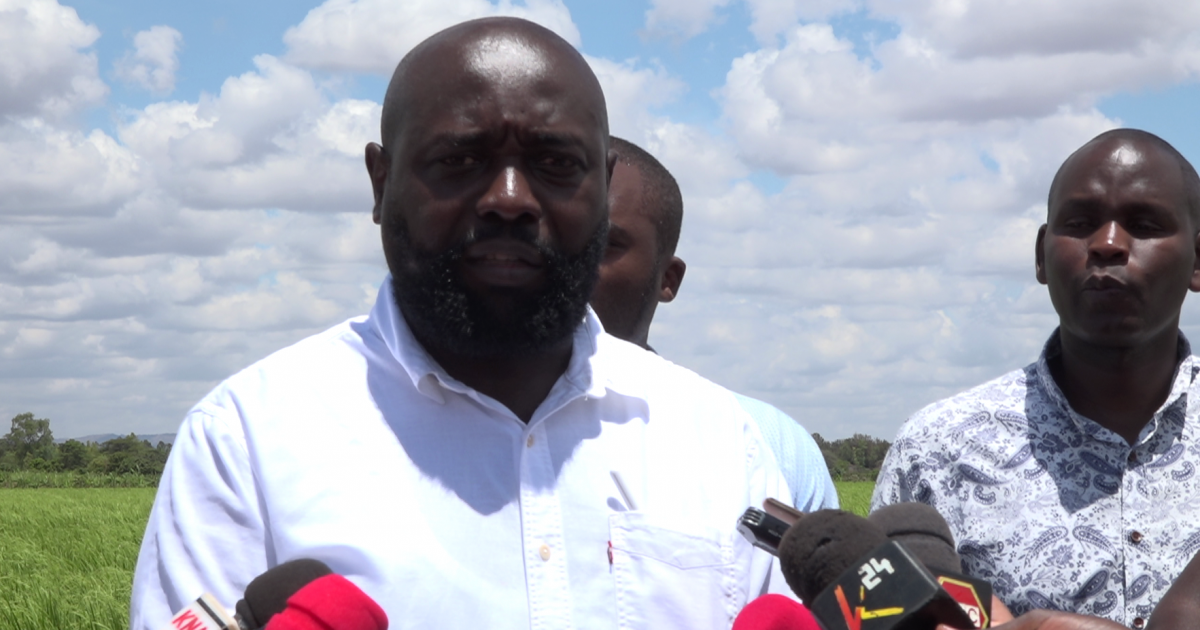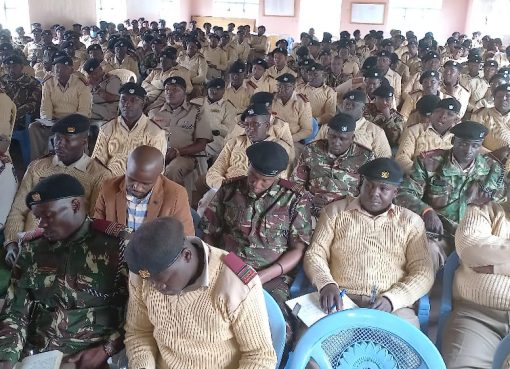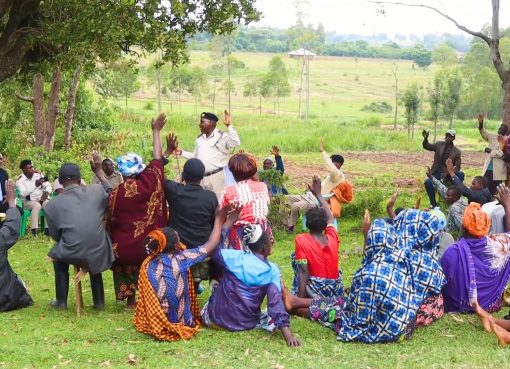Farmers at the Mwea Irrigation Scheme want the government to help them tame a growing snail infestation problem, which they say could adversely affect increased yields brought about by the completion of the Thiba Dam.
According to the farmers, the snails eat transplanted seedlings, forcing them to repeat the exercise several times.
Vincent Kosgei, Agronomist, at Mwea Irrigation Agricultural Development (MIAD) Centre said the first snail infestation was first reported in 2020 at Tebere section of the scheme and has invaded the entire scheme. MIAD is a major research and training station on irrigated agriculture in Kenya.
“Truly the farmers are facing the menace of snails. It was first reported in the Tebere section in February 2020 and it is now all over the scheme,” Kosgei said. He said research shows that snails can destroy an acre of rice farm within 7 days.
He said efforts are being made by the Ministry of Agriculture, Kenya Plant Health Inspectorate Service (KEPHIS), Kenya Agricultural and Livestock Research (KALRO) and the County government to find a long-lasting solution to the problem.
“We are working with Ministry, KEPHIS, KALRO and County Government to see how we can bring this problem to an end,” he added.
Kosgei said they are applying preventive methods like controlling the flow of water into paddy during the early stages of transplanting because snails rely on water to thrive. He added they are in talks with Pest Control Products Board (PCPB) for the recommended pesticide by Biograde which will be available on the shelves next year.
“The only method we are using now to prevent this is through blockage of water during planting. As you know snails rely on water to spread. There is a recommended pesticide by Biograde which will be available anytime next once we get clearance from PCPB,” He noted
Charles Murimi, a rice farmer, said there are theories that some people brought snails to Mwea, but noted that if there are pesticides, they should be made available for use because farmers are incurring huge losses.
“We are told snails were brought here by some people. We don’t really understand but if there are pesticides, let them avail so that we get assistance. We are losing a lot,” Murimi said
Innocent Ariemba, Manager of Mwea Irrigation Scheme, said, the Mwea irrigation scheme currently produces rice worth an estimated Sh18 billion annually. This is likely to increase in the future due to the ongoing expansion from 25,000 to 35,000 acres under the crop.
He also added the expansion of the Mwea Irrigation Scheme will further see an increase in the number of farmers working at the scheme from a current number of 11,200 to 14,000.
He noted that the water challenge has been reduced by the completion of Thiba Dam and they have been working with Scheme Management, National Government Administration Officers (NGAO), and Water users on the formula to share the water, regulate and monitor distribution so that all farmers receive enough water
The expansion of the scheme is among measures to increase food production in the country to address food shortage problems that continue to pose a challenge to Kenyans.
By Mutai Kipngetich





